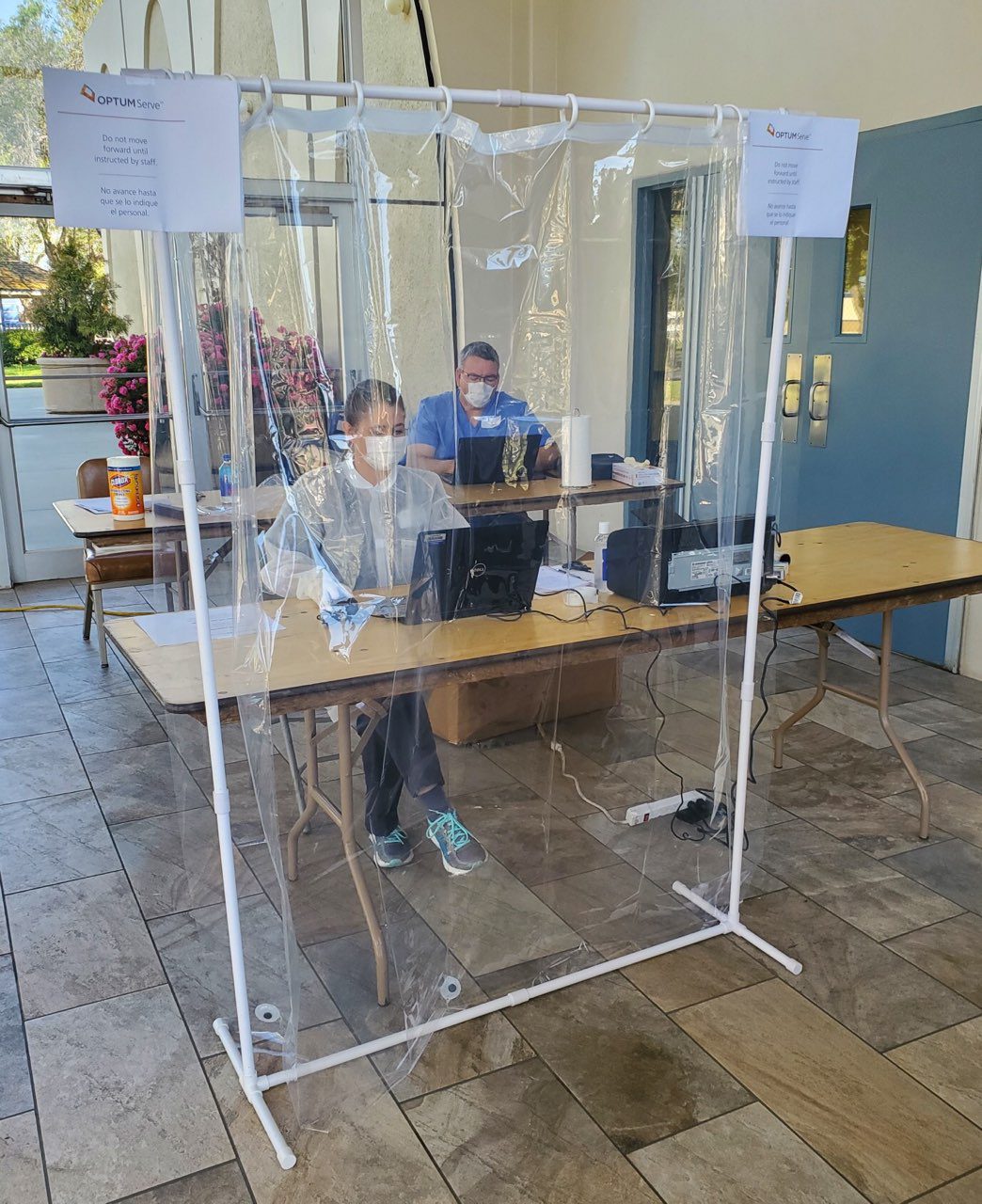Agency finds fault with supervisors’ water management amendment
By Jade Martinez-Pogue
Noozhawk Staff Writer
The Central Coast Water Authority and its eight member cities and water districts have filed an unprecedented lawsuit against Santa Barbara County, accusing the Board of Supervisors of infringing on their rights and responsibilities.
“Our position in the lawsuit is that the county does not have the legal authority or right to impose any conditions on the management of state water supplies,” said Ray Stokes, executive director of CCWA. “We believe that we have a strong, solid case that says they don’t have the right to do that.”
The lawsuit, filed in Santa Barbara County Superior Court, comes after the Board of Supervisors approved a water management amendment — with restrictions — to the State Water Project in April.
The amendment allows local water districts to buy and sell water supplies outside of the county, but the board’s adopted conditions require that local water sales first be offered to other CCWA member agencies and that all requests for water sales and transfers outside of the county be presented to the Board of Supervisors for approval after determining there are no in-county transfer or sale options.
The CCWA manages, operates and finances the portion of state water in Santa Barbara County, and its member entities include the cities of Santa Barbara, Santa Maria, Buellton and Guadalupe, and local water districts in Montecito, Carpinteria, Goleta and Santa Ynez.
“On a big picture, what it comes down to is that we have CCWA and the member agencies, and we’re the experts in our own water supply,” said Eric Friedman, a CCWA board member. “It’s a very complex system, and it’s a very technical system, and each agency manages their own water supply based on all the information they have.
“What the county is basically saying is that it knows better than the individual agencies and their staff.”
Stokes said that the additional conditions adopted by the board could “really hamper” the CCWA’s ability to make water transactions. Out of the 27 state water contract members that adopted the amendment, Santa Barbara County is the only one that is going to be operating under a different set of rules, Stokes said.
“All the Board of Supervisors was supposed to do was adopt the amendment, and instead they adopted it with conditions,” Friedman said. “CCWA is saying that you can’t do that; the county has no authority to impose any conditions on the amendment.”
There are nine plaintiffs in the lawsuit — the CCWA and all of its member entities — which is a “very unique and unprecedented case,” Stokes said.
While the county does not comment on pending or new litigation, chief assistant and soon-to-be county counsel Rachel Van Mullem said the county believes that the Flood Control District’s actions were “both lawful and in the long term of all Santa Barbara County residents.”
“Although CCWA’s ‘media release’ asserts that the Flood Control District has ‘no financial responsibility’ for State Water Project water, the water supply contract with the State of California actually still requires that the Santa Barbara County Flood Control and Water Conservation District to levy a tax or assessment if needed to cover any payments outstanding the water supply contract,” said Van Mullem. “We take that financial obligation seriously.”
When approving the amendment with the adopted conditions in April, First District Supervisor Das Williams said that the county, as the contract holder, is a stop-gap to “prevent shortsighted financial decisions that could make us more at risk as we go into the next drought.”
“I understand that it would be financially in one agency’s interest to maximize the amount of money they can get for transferring water out of county,” he said. “I dispute that it is in the interest of everybody in the county for any agency to maximize the amount of water that they can get by transferring water out of county unless that transfer out of county facilitates a greater amount of water, or at least the same amount of water, in replacement.”
Stokes said that the CCWA agrees that the county does have that financial responsibility, but the CCWA has offered multiple times to relieve the county of that obligation and the county has refused.
“Their financial obligation does not give them the right to manage the supplies. The only obligation they have is to ensure that they are protecting the financial integrity in the county — and that does not mean they can impose restrictions on how we manage our water,” Stokes said, adding that there has never been a payment default in the 30-year history of the CCWA.
Stokes said that he anticipates the lawsuit making it to court and believes that the court will side with the CCWA.
Noozhawk staff writer Jade Martinez-Pogue can be reached at jmartinez-pogue@noozhawk.com.






